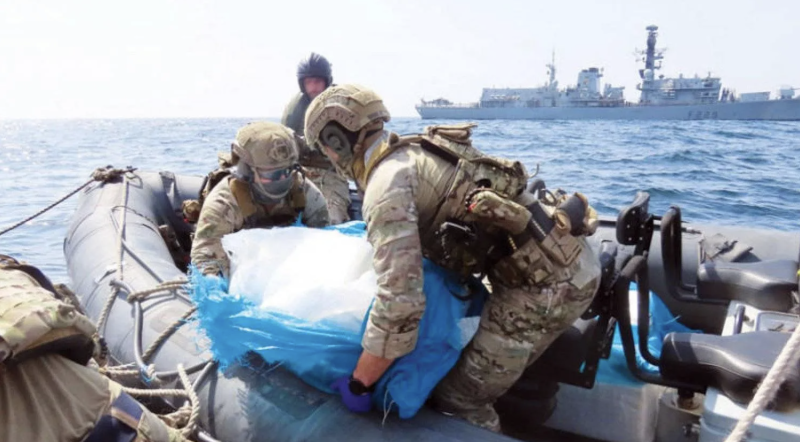Iran-Belarus Covert Arms Network Uncovered, Allegedly Supplying Weapons to Yemen’s Houthi Militias


Sana'a -- A covert arms trafficking network involving Iranian and Belarusian operatives has reportedly been uncovered, shedding new light on the complex international supply chains sustaining Yemen’s Houthi insurgency.
According to regional security analysts and investigative reports, the network has been facilitating the clandestine transfer of weapons and military technology to Houthi-controlled areas in violation of international arms embargoes.
The operation allegedly relies on a combination of forged shipping documents, dual-use cargo, and indirect transit routes through third-party countries to obscure the origin and destination of the shipments.
Belarusian entities are believed to have provided logistical support and components, while Iranian operatives coordinated the transfers via maritime and overland routes stretching from the Gulf to the Red Sea.
This revelation comes amid heightened scrutiny of Iran’s role in arming the Houthis, who have intensified their missile and drone attacks in the Red Sea and across Yemen.
A recent report by the Yemen Gulf of Aden Center highlights how Iranian arms continue to reach Houthi forces despite UN sanctions, often through complex smuggling routes involving regional intermediaries.
Security experts warn that the involvement of Belarus adds a new dimension to the geopolitical dynamics of the Yemen conflict, potentially expanding the scope of international accountability.
“This is not just a regional proxy war—it’s a transnational arms pipeline that undermines maritime security and regional stability,” said a Gulf-based intelligence official.
The United Nations Panel of Experts on Yemen has previously documented Iranian-origin weapons in Houthi stockpiles, including ballistic missile components and drone systems.
However, the alleged Belarusian link marks a rare instance of Eastern European involvement in the conflict’s military logistics.
Calls are growing for a coordinated international investigation and tighter enforcement of arms embargoes. Meanwhile, the Houthis continue to deny receiving direct military support from Iran, framing their actions as part of a sovereign resistance movement.
The exposure of this network underscores the urgent need for enhanced maritime monitoring and diplomatic pressure to curb illicit arms flows into Yemen’s war zones.

Sana'a -- A covert arms trafficking network involving Iranian and Belarusian operatives has reportedly been uncovered, shedding new light on the co…

A wave of threats has emerged from activists aligned with Yemen’s Houthi movement, warning of potential retaliatory actions against social me…

Aden -- The United Nations has announced the appointment of Francesco Galiieti as the new representative of one of its key funds in Yemen, in a mov…